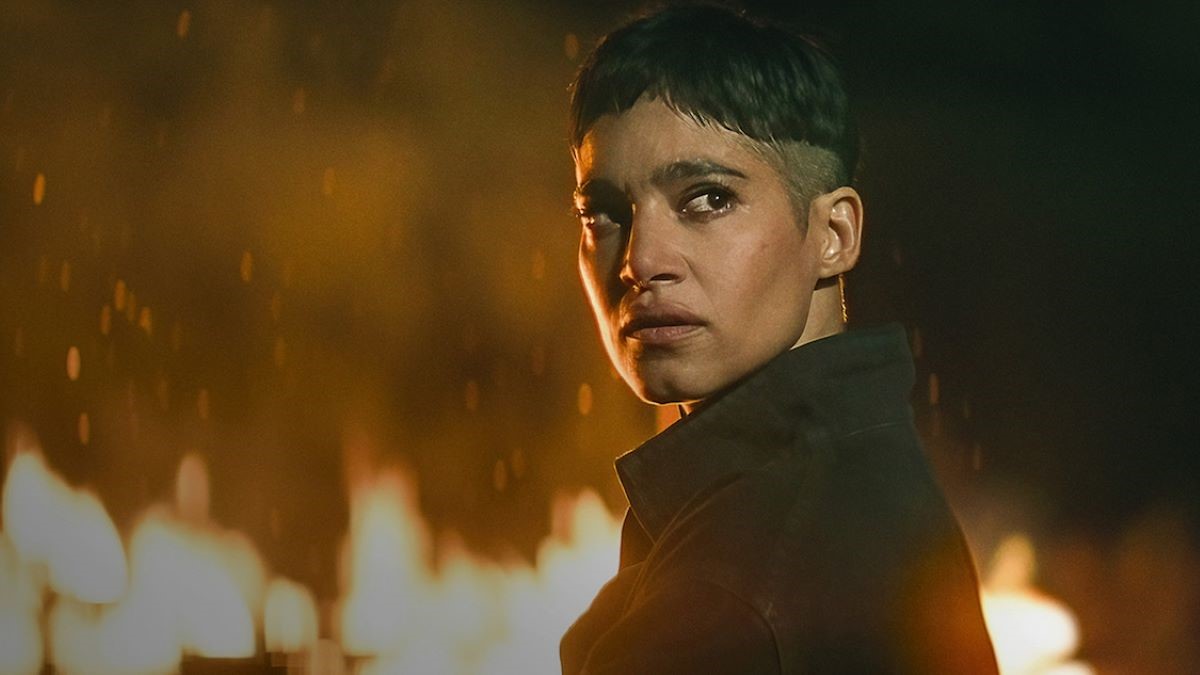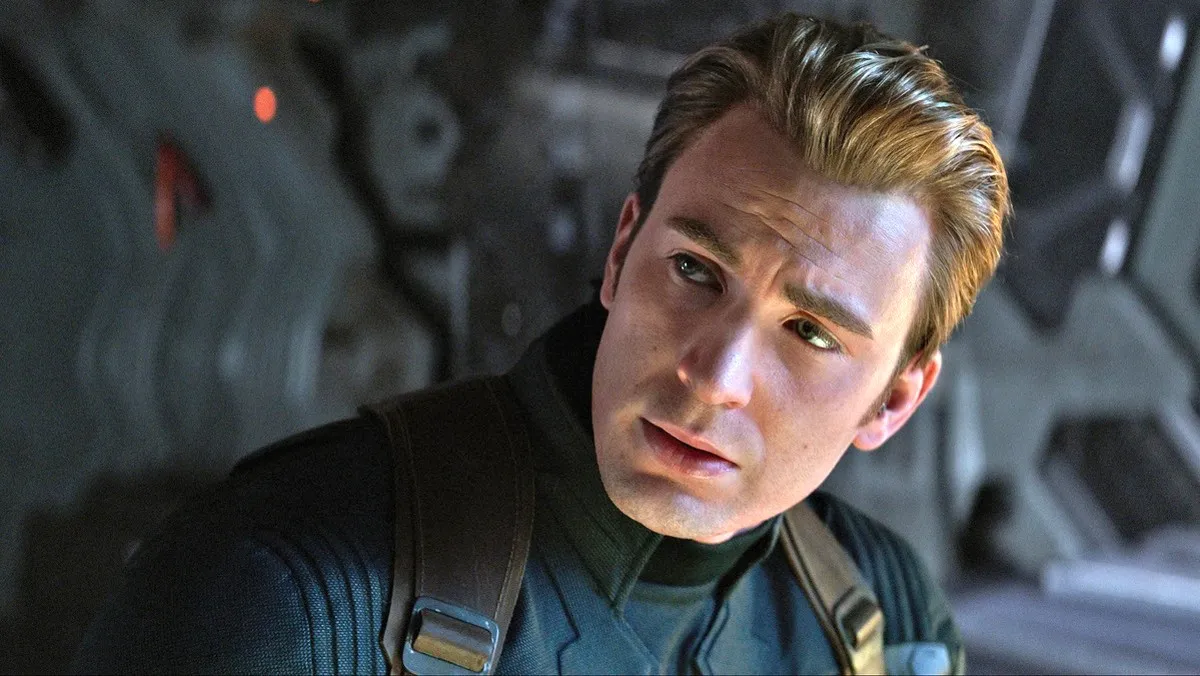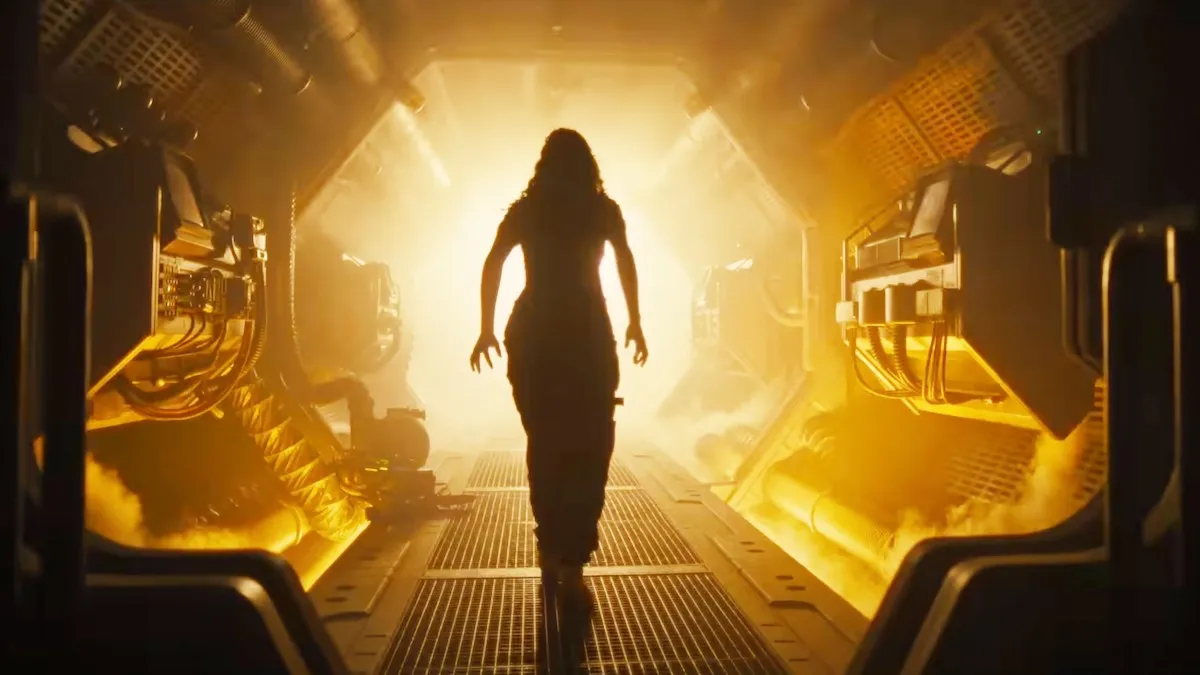New filmmaker J.C. Chandor is making a name for himself in Hollywood with his much anticipated upcoming independent drama Margin Call. The first-time feature director, who also made his feature screenwriting debut with the thriller, chronicles the first 24-hours of the 2008 financial crisis through the eyes of the key players at a New York investment firm.
With an A-list ensemble cast that features such actors as Kevin Spacey, Paul Bettany, Jeremy Irons, Simon Baker, Stanley Tucci, Demi Moore, Zachary Quinto and Penn Badgley, the movie follows an entry-level analyst as he unlocks information that could lead to the firm’s downfall. The firm’s leaders must decide how to confront a failure that will not only put their own jobs in jeopardy, but the money of millions of people who put their trust in the financial industry.
Chandor sat down with us at the Waldorf Astoria Hotel in New York to discuss Margin Call, which had its premiere at the 61st Berlin International Film Festival and will be released in select theaters on Friday. The writer/director talks about why he decided to focus his first feature on the financial crisis, and why he choose to humanize the characters.
We Got This Covered: Margin Call marks your feature film directorial and writing debut. How did you decide to focus on the first 24 hours of the 2008 financial crisis for your first movie?
J.C. Chandor: My father had worked in this world for almost 35 years, so it was something I had an understanding of the characters, which was nice. I knew the voices of the different characters in the film, which is when you’re writing something, a key element to understand the voices of who you’re writing.
I had worked in the real estate industry for a little it, and had almost gotten wrapped up in this situation myself. Luckily, I made it out alive. So those two worlds combining, I felt liked I had an interesting viewpoint on the subject. So I dove in and wrote it. As you’re writing something, it either is working or it’s not, and in this case, it was a very smooth process. It started going and going and going, and I wrote it very quickly, which doesn’t always happen, and I thought I was onto something. I gave it to a couple of people to read, and they reacted very strongly to it. We were off for the races.
WGTC: Like you said, your father worked in the financial world (for Merrill Lynch) for almost 35 years. Did he give you any insight into the financial world?
JCC: He did not. Interestingly, due to personal issues within the family, I was a little superstitious. I was trying to put a film together for many, many years. I almost didn’t want to jinx it by telling anyone in my family that I was trying to do this again. Not anything bad, I just kept it quiet until literally the film was almost ready to be shot, a year later.
He was helpful, he came on set one day and pointed some fun stuff out. I did have him read the script a couple of days before, but nothing really changed. The film is quite simple and it’s structured. I shouldn’t say it’s not complex, because there’s a lot going on. There wasn’t much that I already didn’t know about the world. I was fairly well-versed in in this world.
WGTC: You started your career directing commercials and short films. What was the transition like into feature films?
JCC: The interesting thing about that is that you don’t know if you’re going to be able to tell a long form story until you do it. That’s the scary thing from an investor and from an actor’s viewpoint, that sign onto do a movie. No one really knows if your skill form lines up.
With my short form projects, commercials and documentaries and such, I actually never really felt like I was at home with that very narrow story-telling window, a 30-second or 60-second spot. I can only say it now, because I finished my first film, it’s really fun. I love this type of story-telling, the slower, long-form sort of film.
But the short answer to your question is that you have no idea how you’re going to do until you do it. The actors all signed on, based on my writing, which is a big part of it, obviously. The script is there. I have been working for 10 or 15 years, shooting things. So I have a very deep understanding of production. But to pull it all together and actually tell a two hour story, and hold the audience’s attention, no one knows until you do it. That’s why your budgets on a first time film are very, very low.
WGTC: Penn (who portrays Seth Bregman) has said the financial crisis is the most relevant issue in people’s minds right now, and financial films will be romanticized later in cinema. Do you agree?
JCC: I don’t know, that’s an interesting question. I think, all I can hope for is that this film finds an audience today. It think we’re in a period that is very sad, in this country, at least. It’s all about over-simplifying and name-calling. It seems like any important dialogue about important info is cut off. There’s these broad characterizations and caricatures.
One thing we tried to do with this film is not have any pure villains and not have any heroes. Everyone is pretty darn human, and is a little bit of each at any given time
Hopefully what comes out of that is the realization that the protesters on the street, as they’re sort of pointing out, whether they want to be or not, is that we’re all linked to the bankers. We’re all sort of the same people and in this together. We control the banking system. The banking system is there to serve the greater population.
It’s pretty exciting for us, as filmmakers and actors and producers, and all the people that were involved in this. It takes three years to put a film together. To be here at this moment, where there seems to be a bubbling of the surface of all this discontent, and wanting to understand what’s going on, it’s pretty exciting to throw your film into the cauldron, and say here’s one viewpoint. It’s an example of why people did the things that they did. Hopefully that will help you understand the issue a little bit more, in-depth, essentially.
I was going on a couple of these talk shows the other day. They ask a very long question, and then give you six or seven seconds to answer. These are complex issues that we’ve got going on. Our movie may just be the time to sit there and think about it a little bit.
WGTC: Going back to the humanizing aspect of the story, you said there weren’t any villains.
JCC: I think some people would argue that they’re definitely villains! But there certainly aren’t any heroes.
WGTC: Was that an important aspect for you to include in the movie?
JCC: Yes, we fought very, very hard for it.We had an opportunity to make the film a year before we did. Someone offered to finance it, and all we really needed to do was let the financiers come in and make script notes and make changes.
At that time, they wanted us to either have Penn or Zachary’s character actually turn in Spacey or Irons’ character, and essentially have a perp walk to end the movie. My belief is that the majority of the people working in the financial industry did not break any laws. In fact, the regulation and laws on the books sort of loosened and slackened over 25 years of deregulation. So very few laws were broken during this whole mess.
The current administration would love to have some people to hang up and show as examples and throw in jail. Most of what happened occurred entirely within the laws and regulations that were laid out.
So it was very important for me. What I felt was interesting with this film was the two or three characters you actually want to get out of this world and do something else with their lives are the ones that are actually brought back by the system.
I don’t know how you make decisions in your life, but I weigh lots of things, and it’s not always the purest of things for why I take a job or do this. I always try to think of the many different factors in my life, and not one is pure greed. One is pure quality of life.
One thing I tried to plant on these characters in the film is that they’re human, and when offered X amount of dollars, Zachary Quinto‘s character decide to stay and continue to work in that world. So it was very important, so important, we risked never being able to make the film. We literally passed on that financing opportunity, and we didn’t get off the ground for another year.
WGTC: The characters face the question of what to do, given that their failure not only affects their jobs, but the livelihoods of millions of people. Do you feel this is an important decision for people to face in the current tough economic times?
JCC: Yes. I think this film is obviously set in the beginning, the first days of what we’re experiencing today. You’re sort of seeing these characters as they’re facing a question. The interesting thing for me is that these are pure, pure capitalists. They work for investment banks. You’re not presenting this problem to someone who devoted their lives to being a nurse in a low-income neighborhood or something. These are people who, by their very nature, felt their skills were best at doing what they’re doing, or went that way, whatever their reasons, whether it was money or whatever.
For me, the moral question to me was never going to be, it sounds interesting and silly to say it, but it wasn’t going to be very long that they debated. You see it come across each of the characters’ faces. I literally positioned almost every character in the movie. Demi’s character (Sarah Robertson), once she’s fired, actually starts to look out the window. Besides that, every character is looking in towards the center of the building. As a result, they’re only worrying about what’s happening on on that exact floor and their exact lives.
You have the city, and as a metaphor, the world is over their shoulders in a lot of the shots. There are a lot of long views out into the world. I always wanted the outside world there, reminding the audience what these people in the foreground are going to do is going to echo out.
But these characters are practical, Type A people, and they’re going to make the best decision they think is laid out before them. The interesting thing is that there really isn’t any decision. If these guys don’t do this, the firm goes out of business, and someone else is going to do it if they find out. The interesting thing about the film is that there is no real choice. The only choice laid out before them is the one they took, practically speaking. Which is dramatically interesting. As a filmmaker, you don’t realize that’s the case until the film’s over. While the film’s going on, it’s feels like there really is a choice to make.
That concludes our interview, but we’d like to thank J.C. Chandor for talking to us. Be sure to check out Margin Call when it hits select theaters this Friday, October 21st.








